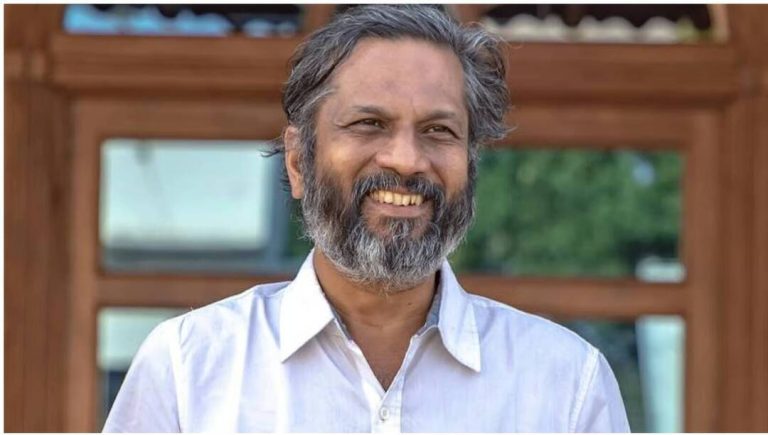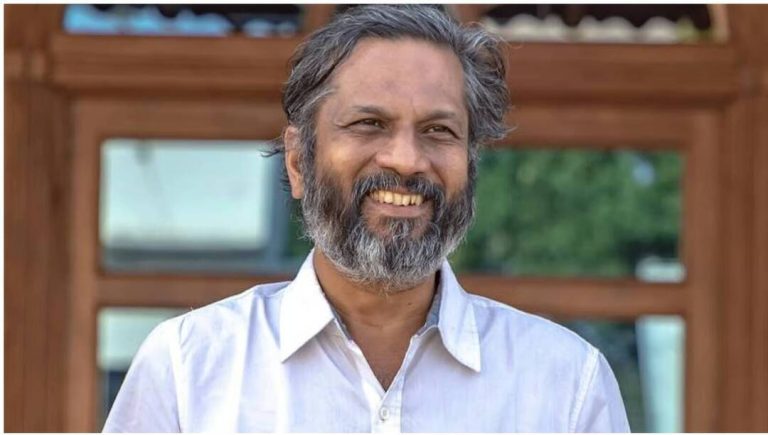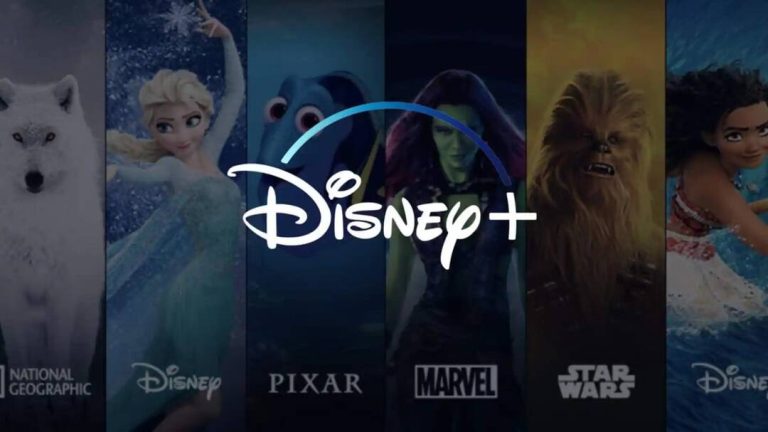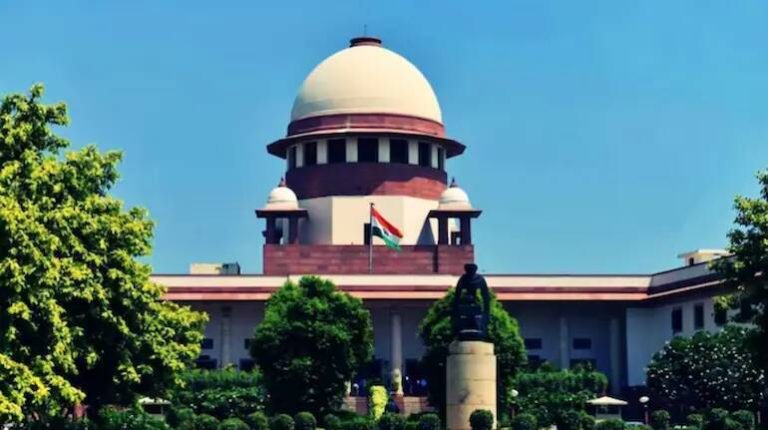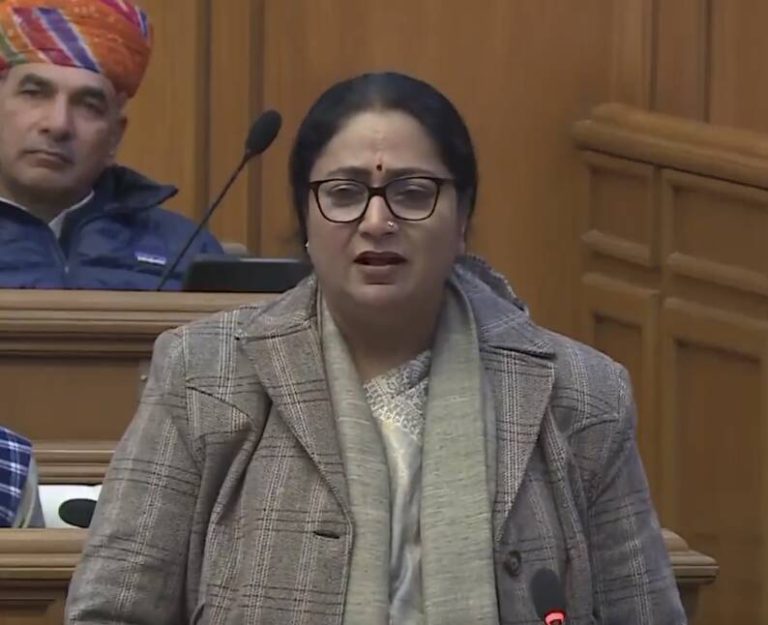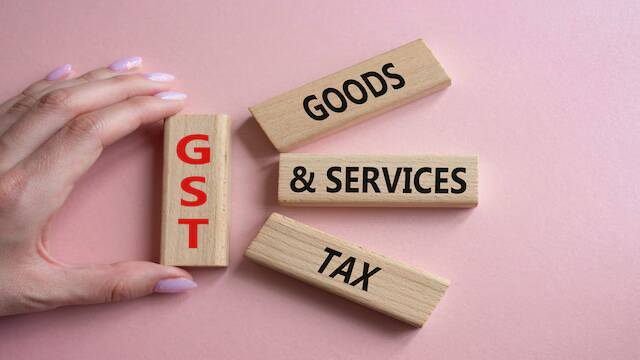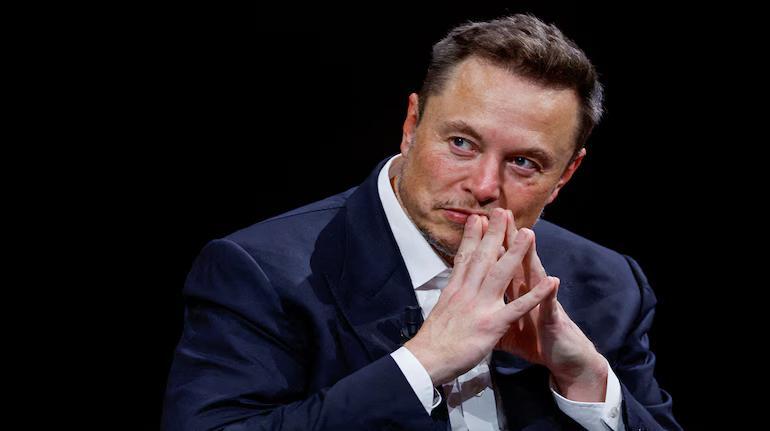
Poverty an engineering issue, AI & humanoid robots will end it: Musk
The world has been grappling with the issue of poverty for centuries, with numerous initiatives and programs aimed at alleviating it. However, according to billionaire and xAI CEO Elon Musk, the solution to poverty lies not in traditional methods, but in technology. Specifically, Musk believes that artificial intelligence (AI) and humanoid robots hold the key to eliminating poverty. In a recent address at the US-Saudi Investment Forum, Musk opined that poverty is an engineering issue, and that AI and robotics are the only way to make everyone wealthy.
Musk’s statement may seem radical, but it is rooted in his vision of a future where technology has advanced to the point where money is no longer a relevant concept. As AI and robotics continue to advance, Musk believes that they will be able to provide for all of humanity’s basic needs, making poverty a thing of the past. This is a bold claim, but one that is worth exploring in more depth.
To understand Musk’s perspective, it is essential to consider the current state of poverty around the world. Despite significant progress in reducing poverty rates over the past few decades, millions of people still live in poverty, lacking access to basic necessities like food, water, and shelter. Traditional methods of addressing poverty, such as charity and government aid, have had limited success, and it is clear that a new approach is needed.
This is where AI and robotics come in. Musk believes that these technologies have the potential to revolutionize the way we produce and distribute goods and services, making them more efficient and accessible to all. For example, AI-powered automation could be used to increase food production, reducing the cost of food and making it more widely available. Similarly, humanoid robots could be used to provide healthcare and education to remote or underserved communities, helping to address some of the root causes of poverty.
Musk’s vision of a future where AI and robotics have eliminated poverty is not just a pipe dream. In fact, we are already seeing the beginnings of this trend. For example, companies like Amazon and Walmart are using AI-powered robots to streamline their logistics and supply chain operations, reducing costs and increasing efficiency. Similarly, startups like Zipline are using AI-powered drones to deliver medical supplies to remote areas, helping to address healthcare disparities.
Of course, there are also potential drawbacks to consider. As AI and robotics become more prevalent, there is a risk that they could displace human workers, exacerbating poverty and inequality. However, Musk believes that this risk can be mitigated by implementing a universal basic income (UBI), which would provide every citizen with a guaranteed minimum income regardless of their employment status.
Musk’s comments on poverty and technology are not just theoretical; they are also informed by his own experiences as a entrepreneur and innovator. As the CEO of xAI, Musk is at the forefront of the AI revolution, and he has seen firsthand the potential of this technology to transform industries and improve lives. His vision of a future where AI and robotics have eliminated poverty is not just a utopian dream, but a realistic goal that can be achieved through dedication and hard work.
In conclusion, Musk’s statement that poverty is an engineering issue, and that AI and humanoid robots will eliminate it, is a bold and provocative claim. However, it is also a claim that is rooted in a deep understanding of the potential of technology to transform society. As we move forward into a future where AI and robotics are increasingly prevalent, it is essential that we consider the potential implications of these technologies, both positive and negative. By working together to harness the power of AI and robotics, we can create a world where everyone has access to the resources and opportunities they need to thrive, and where poverty is a thing of the past.
